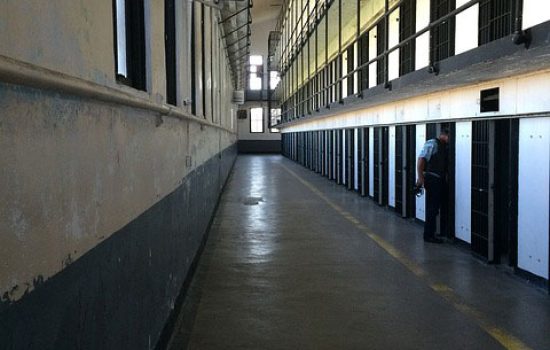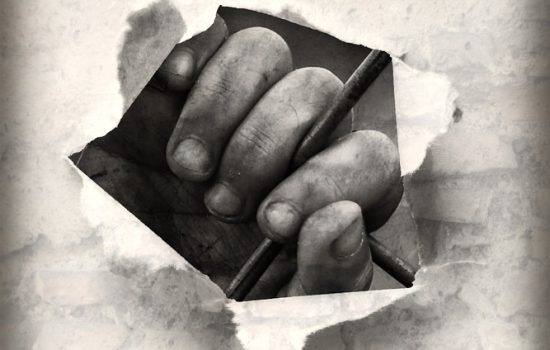The Jakarta Post – After a long delay, the 2012 Juvenile Justice System Law has been implemented in the South Jakarta SMA 3 high school bullying case, making that trial the first in Indonesia to employ the reformed law.
Before the trial began on Monday, presiding judge Ahmad Dimyati called a press conference at the South Jakarta District Court.
“Today is the initial hearing for suspects in the SMA 3 case. For this trial, we will use the 2012 Juvenile Justice System Law,” he said.
The SMA 3 case surfaced last June when 10th grader Arfiand Caesar Al Irhami, 16, passed away after a trip with the school’s mountaineering club. He was allegedly beaten by five older students, four of which are underage.
The closed hearing on Monday saw three 17-year-old boys and a 17-year-old girl sitting as defendants. The trial of the fifth suspect, an 18-year-old male, will be held separately.
Ahmad added that this was the first time he had handled a case that would use the 2012 Juvenile Justice System Law. “The new law requires the trials to be processed quickly. Sentencing must be done in 25 working days.”
He said the 2012 law was stricter than the 1997 Juvenile Justice Law.
“Although these kids have [allegedly] committed a crime, we must protect them. The media must not publish these children’s names, pictures or anything related to their private lives,” Ahmad said, adding that there were sanctions for those who violated the law.
According to Institute for Criminal Justice Reform (ICJR) law expert Erasmus Napitupulu, the new Juvenile Justice System had a lot to offer.
“One of the main features of the new system is that the government is obliged to provide more youth detention centers for underage convicts,” he told The Jakarta Post.
Erasmus added that the new Juvenile Justice System Law aimed to not only enforce the law but also to provide protection for underage convicts using the principles of restorative justice.
He said that the new law raised the minimum age at which a child could be arrested and detained. Under the 1997 law, the minimum age was 8. Under the new law the minimum age has been increased to 14.
“Another feature [of the new law] is the diversion program, whereby an underage convict can avoid imprisonment and do social work instead. However, this is only for those found guilty of minor crimes,” he said.
Erasmus clarified that the diversion program could not be implemented in the case of a guilty verdict in the SMA 3 case because of the severity of the charges.
“Moreover, the panel of judges are required to conduct research on underage suspects in order to understand more about the environment within which he or she lives; for example, who his parents, siblings, neighbors and friends are. This must be taken into consideration upon sentencing,” Erasmus said.
However, he said the new law still had flaws.
“The government is required to provide more youth detention centers under the new Juvenile Justice System Law. At present, the country only has a handful of them and Jakarta doesn’t even have a single such center,” Erasmus said.
Separately, the four underage defendants’ lawyer, Frans Paulus, said that his clients had been charged under Article 351 of the Criminal Code on torture and Article 80 of the 2002 Child Protection Law. The charges carried a maximum sentence of two years and eight months.
Some important changes
* Minimum age for conviction raised to 14 from 8
* Those convicted of minor crimes can opt for social work instead of imprisonment.
* Government obliged to build more rehabilitation centers for children
* Panel of judges must conduct background research on suspect to be considered in sentencing.
sumber : http://www.thejakartapost.com/news/2014/08/12/minors-tried-under-new-juvenile-law.html



